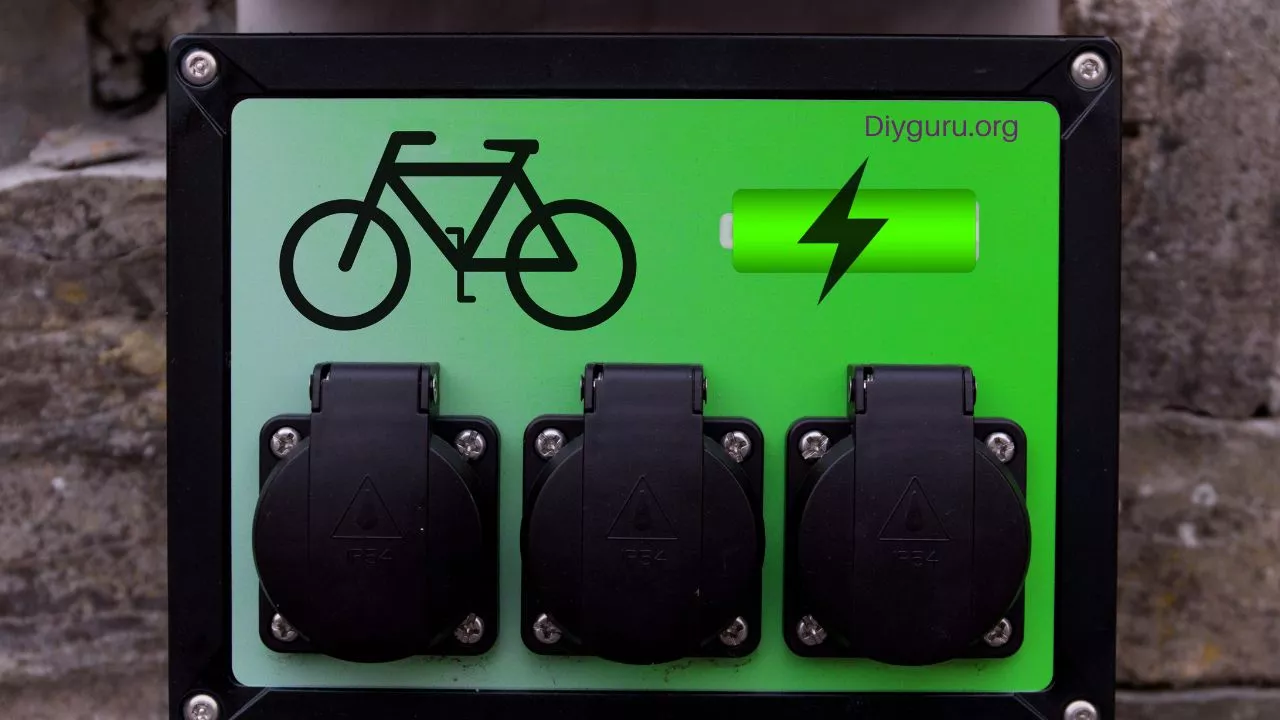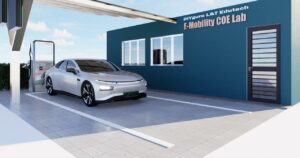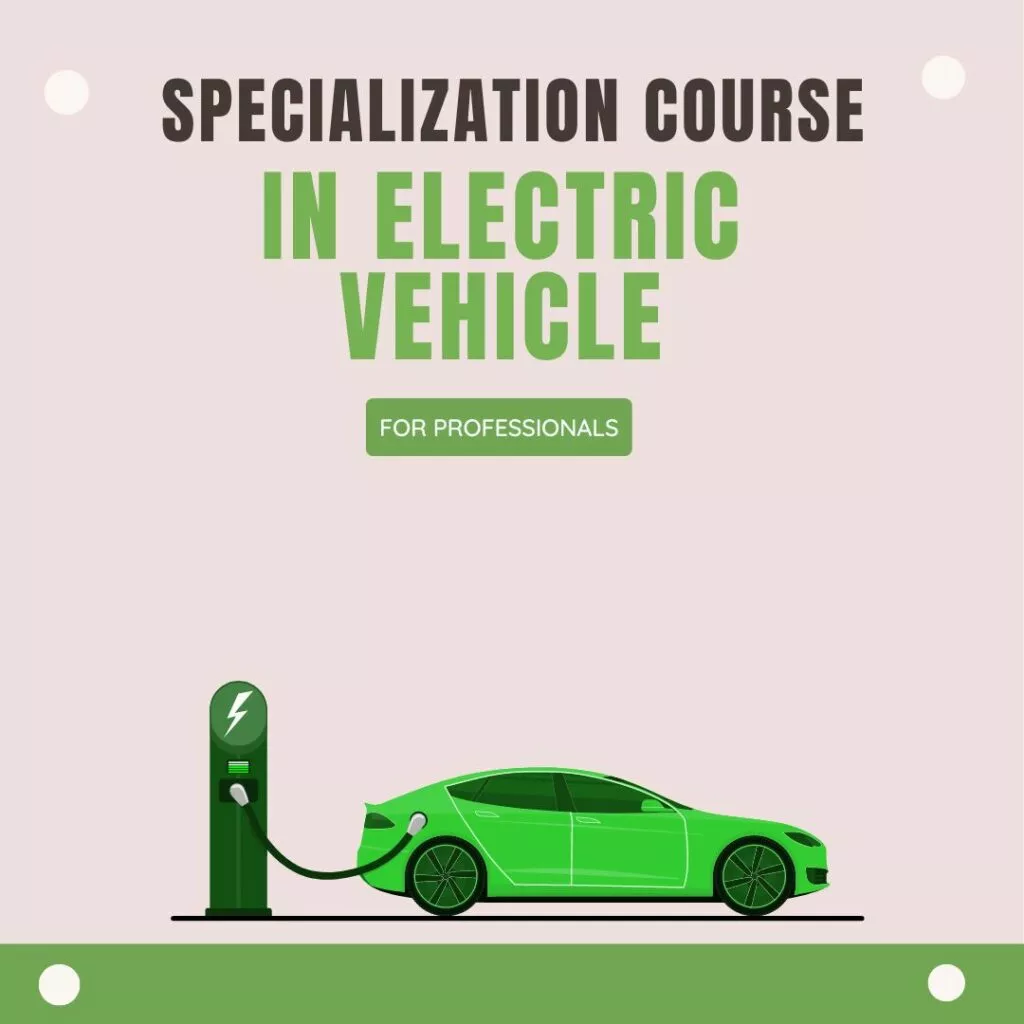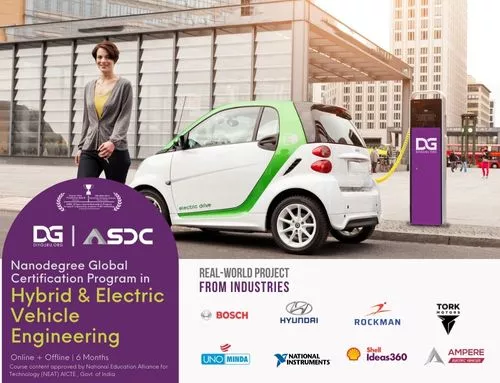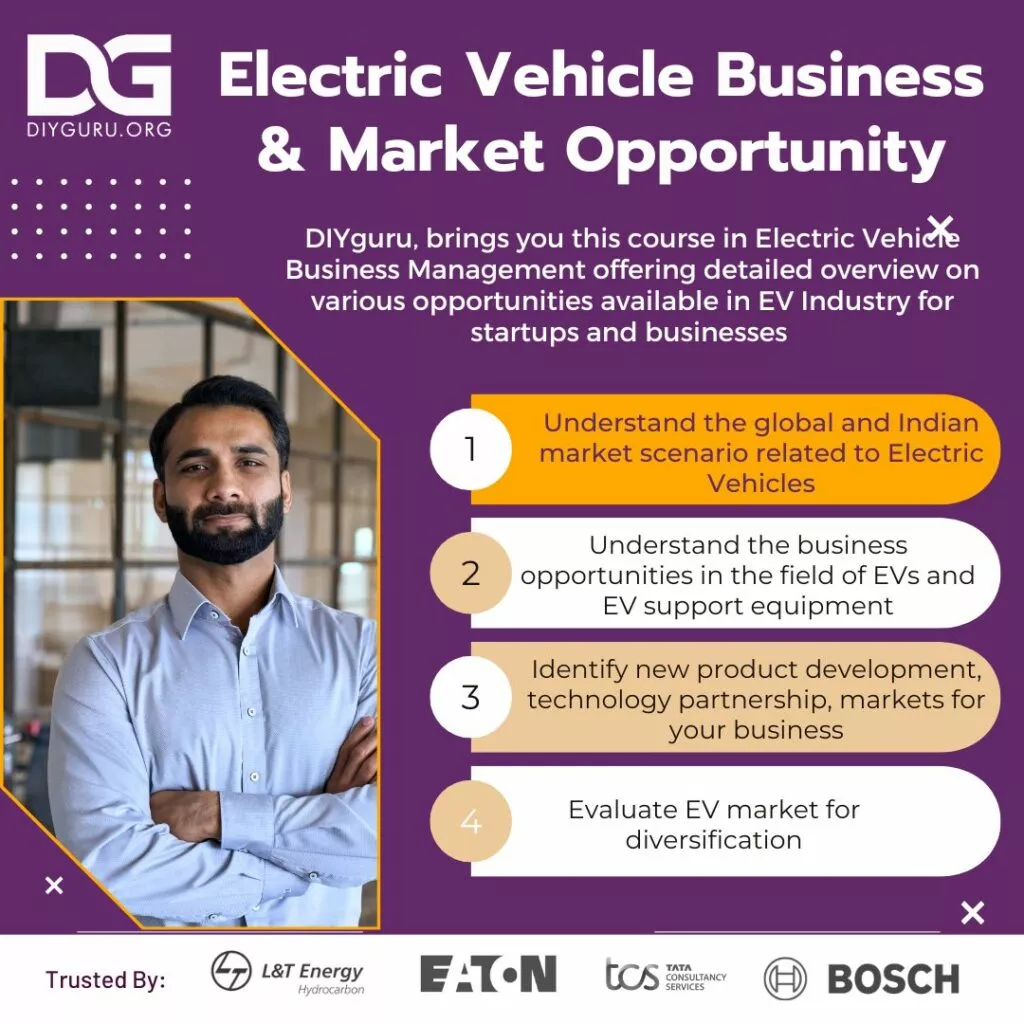Introduction:
Electric bikes, also known as e-bikes, are becoming increasingly popular in India due to their affordability, eco-friendliness, and convenience. With a variety of models and features available, it can be challenging to choose the right e-bike. In this blog post, we will take a look at the top 10 e-bike manufacturers in India.
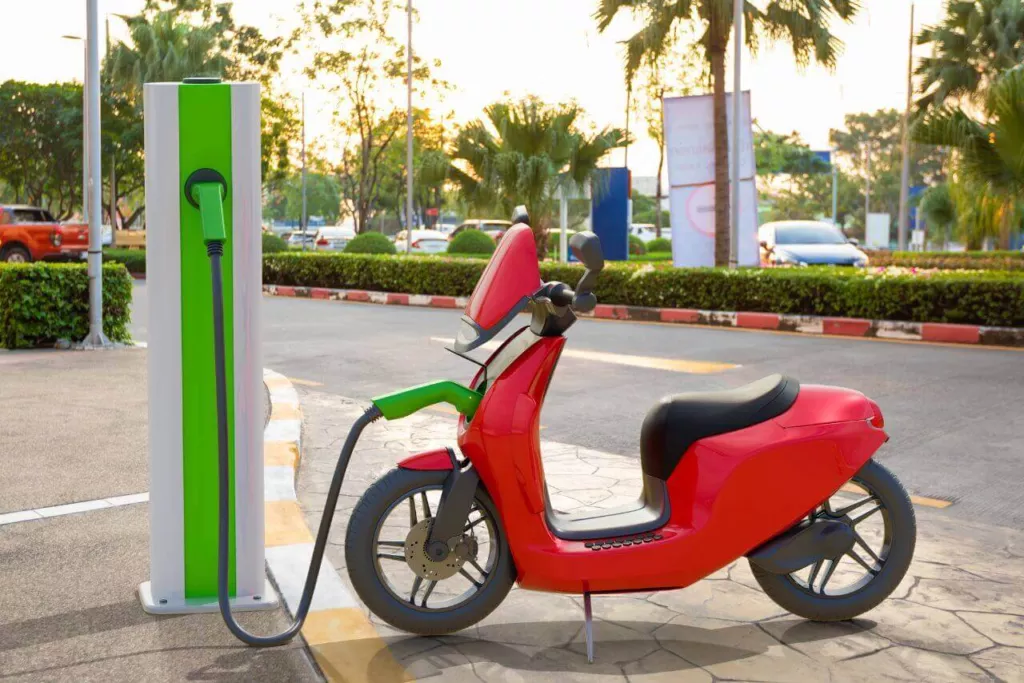
Hero Electric:
Hero Electric is one of the largest e-bike manufacturers in India. The company offers a range of e-bikes, including the Optima, Flash, and Photon. The Optima is a popular model that offers a range of up to 50 km on a single charge and has a top speed of 25 km/h.
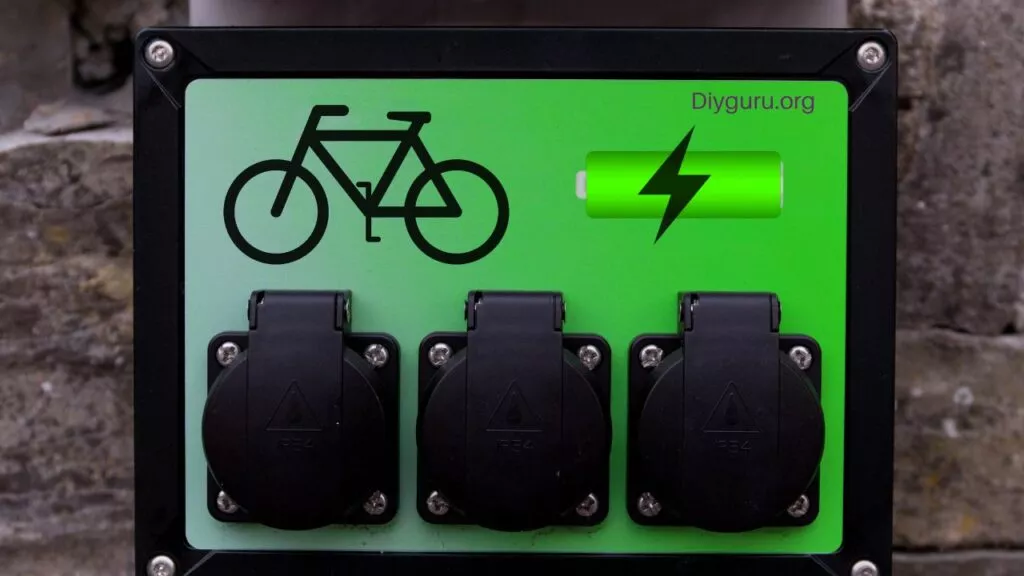
Ather Energy:
Ather Energy is a Bangalore-based startup that has quickly become one of the most popular e-bike manufacturers in India. The company’s flagship model, the Ather 450X, is a high-performance e-bike that offers a top speed of 80 km/h and a range of up to 116 km on a single charge.
Okinawa Autotech:
Okinawa Autotech is a leading e-bike manufacturer in India. The company offers a range of e-bikes, including the PraisePro, Ridge+, and iPraise+. The PraisePro is a high-performance model that offers a top speed of 55 km/h and a range of up to 110 km on a single charge.
Ampere Electric:
Ampere Electric is a Chennai-based e-bike manufacturer that offers a range of models, including the Zeal, Reo, and Magnus. The Zeal is a popular model that offers a range of up to 75 km on a single charge and has a top speed of 25 km/h.
Revolt Motors:
Revolt Motors is a Gurugram-based startup that has been making waves in the Indian e-bike market. The company’s flagship model, the RV400, is a high-performance e-bike that offers a top speed of 85 km/h and a range of up to 150 km on a single charge.
Avon Cycles:
Avon Cycles is one of the oldest bicycle manufacturers in India and has recently entered the e-bike market. The company offers a range of e-bikes, including the E-Mate and E-Plus. The E-Mate is a popular model that offers a range of up to 40 km on a single charge and has a top speed of 25 km/h.
Lectro Electric:
Lectro Electric is a Delhi-based e-bike manufacturer that offers a range of models, including the E-Zephyr, E-Zephyr TX, and Townmaster. The E-Zephyr is a popular model that offers a range of up to 50 km on a single charge and has a top speed of 25 km/h.
Yulu Bikes:
Yulu Bikes is a Bangalore-based startup that offers a range of e-bikes for rent. The company’s e-bikes are designed for short-distance commuting and are available at various locations across the city.
Kabira Mobility:
Kabira Mobility is a Goa-based e-bike manufacturer that offers a range of models, including the Intercity Neo, Kollegio Neo, and Aetos 100. The Intercity Neo is a popular model that offers a range of up to 120 km on a single charge and has a top speed of 100 km/h.
Earth Energy EV:
Earth Energy EV is a Mumbai-based e-bike manufacturer that offers a range of models, including the Glyde+, Evolve R, and Evolve X. The Glyde+ is a popular model that offers a range of up to 100 km on a single charge and has a top speed of 60 km/h.
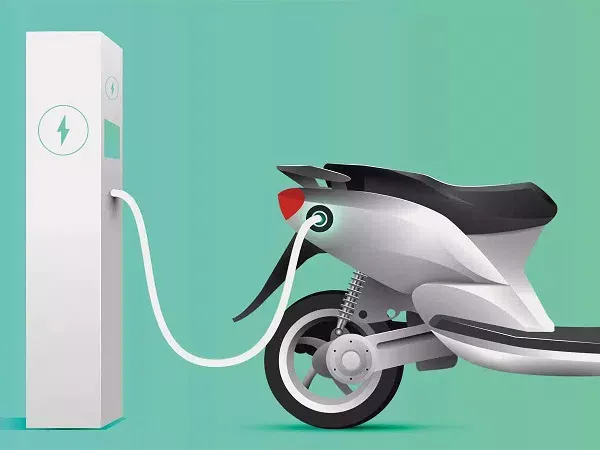
Conclusion:
There are several e-bike manufacturers in India, each with its own unique offerings. Whether you are looking for a high-performance e-bike or a budget-friendly model, there is an e-bike for everyone. Hero Electric, Ather Energy, Okinawa Autotech, Ampere Electric, Revolt Motors, Avon Cycles, Lectro Electric, Yulu Bikes, Kabira Mobility, and Earth Energy EV are some of the top e-bike manufacturers in India. As the Indian government continues to promote electric mobility, we can expect to see more and more e-bikes on Indian roads in the coming years.
What is an e-bike?
An e-bike, or electric bike, is a bicycle that has an electric motor and a battery that provides additional power to the rider.
How fast can e-bikes go?
The top speed of an e-bike in India is limited to 25 km/h as per government regulations.
What is the range of e-bikes?
The range of e-bikes varies depending on the model and the battery capacity. Most e-bikes in India offer a range of 35-120 km on a single charge.
What is the cost of an e-bike in India?
The cost of an e-bike in India varies depending on the brand and the model. E-bikes can be purchased for as low as Rs. 20,000 and can go up to Rs. 1.5 lakhs.
How long does it take to charge an e-bike battery?
The charging time for an e-bike battery depends on the battery capacity and the type of charger being used. Most e-bike batteries can be fully charged in 3-4 hours using a standard charger.
Can e-bikes be ridden in the rain?
Yes, e-bikes can be ridden in the rain, but it is recommended to avoid deep water as it can damage the battery and the motor.
Do e-bikes require a license?
No, e-bikes with a top speed of 25 km/h do not require a license or registration in India.
Are e-bikes eco-friendly?
Yes, e-bikes are eco-friendly as they produce zero emissions and are powered by electricity, which is a clean source of energy.
Can e-bikes be used for long-distance commuting?
Yes, e-bikes with a range of up to 120 km can be used for long-distance commuting.
What is the warranty period for e-bikes?
The warranty period for e-bikes varies depending on the manufacturer and the model. Most e-bike manufacturers offer a warranty period of 1-2 years for the bike and 2-3 years for the battery.
Which is the largest electric bike manufacturer in India?
Hero Electric is currently the largest electric bike manufacturer in India. The company has been in the business of manufacturing electric two-wheelers for over a decade and has a wide range of models on offer. Hero Electric has a strong network of dealerships and service centers across the country, making it a popular choice among customers.
Which company makes electric bike in India?
There are several companies that manufacture electric bikes in India. Some of the popular electric bike manufacturers in India include Hero Electric, Ather Energy, Okinawa Autotech, Ampere Electric, Revolt Motors, Avon Cycles, Lectro Electric, Yulu Bikes, Kabira Mobility, and Earth Energy EV.
Who is the largest e bike manufacturer?
China is currently the largest e-bike manufacturer in the world, with companies such as Giant, Yadea, and Aima dominating the market. According to a report by Technavio, China is expected to continue its dominance in the e-bike market in the coming years, driven by factors such as rising urbanization, increasing traffic congestion, and government initiatives to promote electric mobility.


